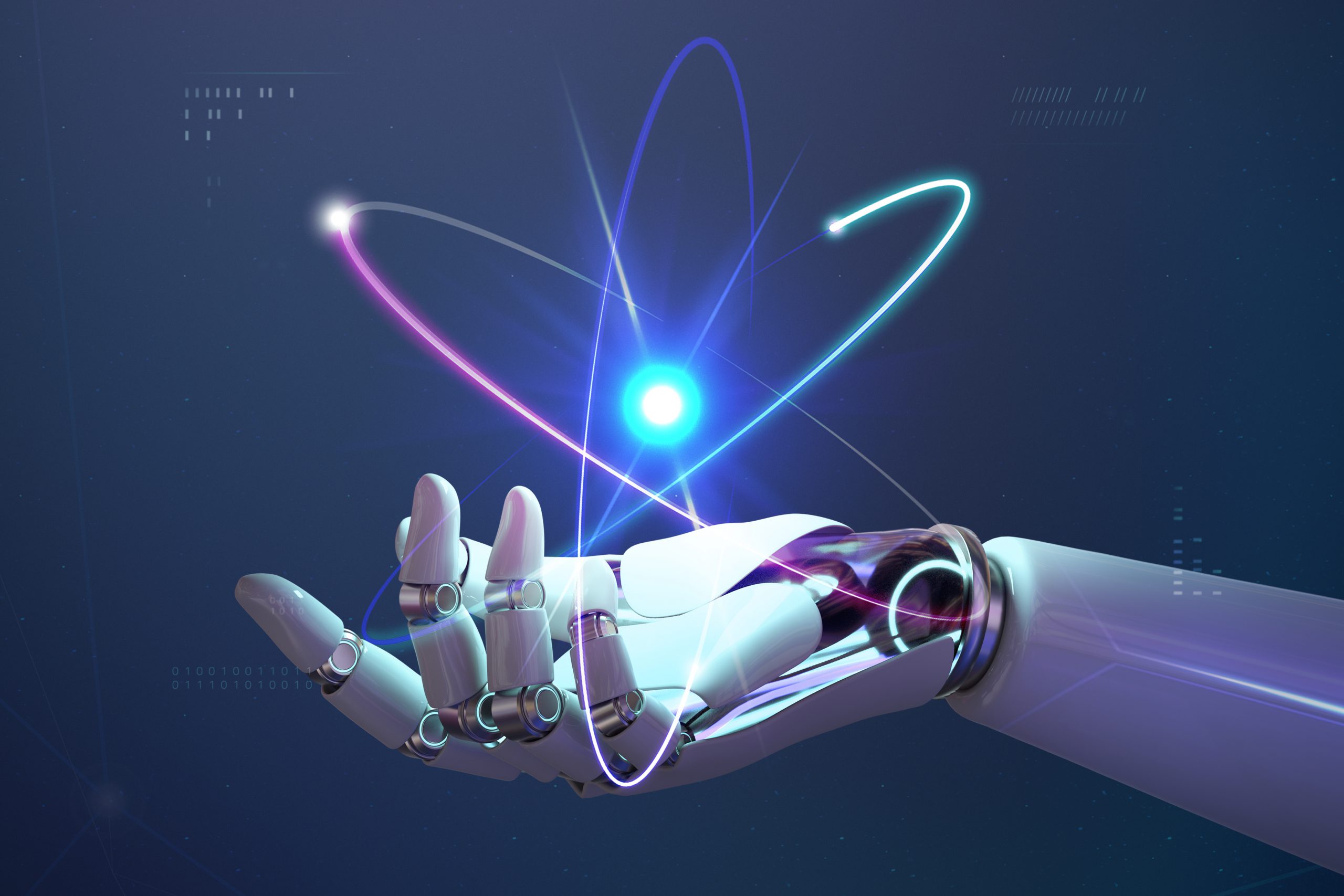AI is being applied in all social environments, at an increasingly accelerated pace, with the aim of making life easier and transforming realities.
Artificial Intelligence (AI) is generating a revolution which, according to experts, is comparable to that generated by the Internet. A revolution that will surely intensify in the coming years. Novels and songs written by AI systems such as ChatGPT, judges who solve cases using this type of tools, investment decisions based on AI, are just some examples of the great transformations that this new technology is generating.
The most representative of this line is ChatGPT, but behind it there are dozens of applications that even strengthen political campaigns, companies and non-governmental organizations, just to mention some of them. According to a report by Incapsula, today half of the digital traffic is being generated by bots, that is, applications that perform all kinds of tasks automatically, from writing tweets to generating search results.
In this sense, Nuria Oliver, scientific director of the Ellis Alicante Foundation, pointed out that the future of humanity in the medium term depends on the correct implementation of AI, assuring that it is full of opportunities for the evolution of societies.
One of the first points mentioned by the director is that it can serve to reduce information gaps, improving knowledge on specific topics and access to this knowledge. AI will allow us to “draw a more detailed and accurate picture of the underlying social reality,” said Oliver.
Along the same lines, Rafael Orduz Medina, PhD in economics, argues that AI can be used to overcome inequities in national education. These inequities in our educational system are already known: the gaps between rural and urban areas, between public and private education, between socioeconomic strata, etc.
“AI is a powerful tool that has the potential to transform education and contribute to closing existing gaps. A combination of sound public policies and collaboration with the private sector can promote a good use of AI for the benefit of children and youth,” said the economist from the Universidad de los Andes.
AI is also showing the potential to transform our healthcare systems. There are already different initiatives that allow early and preventive detection of diseases and outbreaks. At the same time, they determine treatments that are adapted to the needs and conditions of each patient.
All of the above shows the infinite possibilities that are opening up with the growth of this type of technology. However, this brings with it transformations that will imply new challenges for the labor market. According to the International Monetary Fund (IMF), AI will destroy more than 85 million jobs in the next five years, but will create 97 million new jobs.
AI allows, in general terms, to mechanize processes, favor creative tasks, add precision and reduce errors in different tasks. In other words, they will make us more efficient, productive and allow us to execute actions with a speed that we have never been able to achieve before.
However, in order for all these benefits of AI to result in improvements in the quality of life, and outweigh the potential risks involved in its use, it is necessary to advance in appropriate regulatory systems. Governments must build regulatory frameworks and laws that ensure that the use of these tools is responsible, transparent and respects human rights.
All these AI challenges and opportunities will be key themes of TICSO 2023: Technology, Innovation and Cooperation for Social Impact. TICSO is MAKAIA’s annual event, which this year returns to face-to-face, to encourage dialogue between different sectors on the role of international cooperation and technology in social change.
We encourage you to participate in this academic agenda where we will talk about technology and resource mobilization, we will also have a roundtable of donors, which seeks that both funders and organizations can match.


